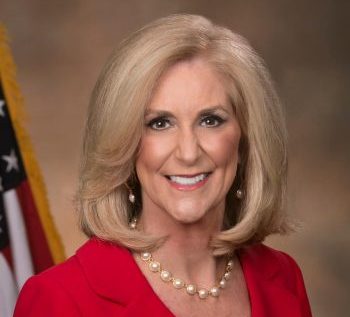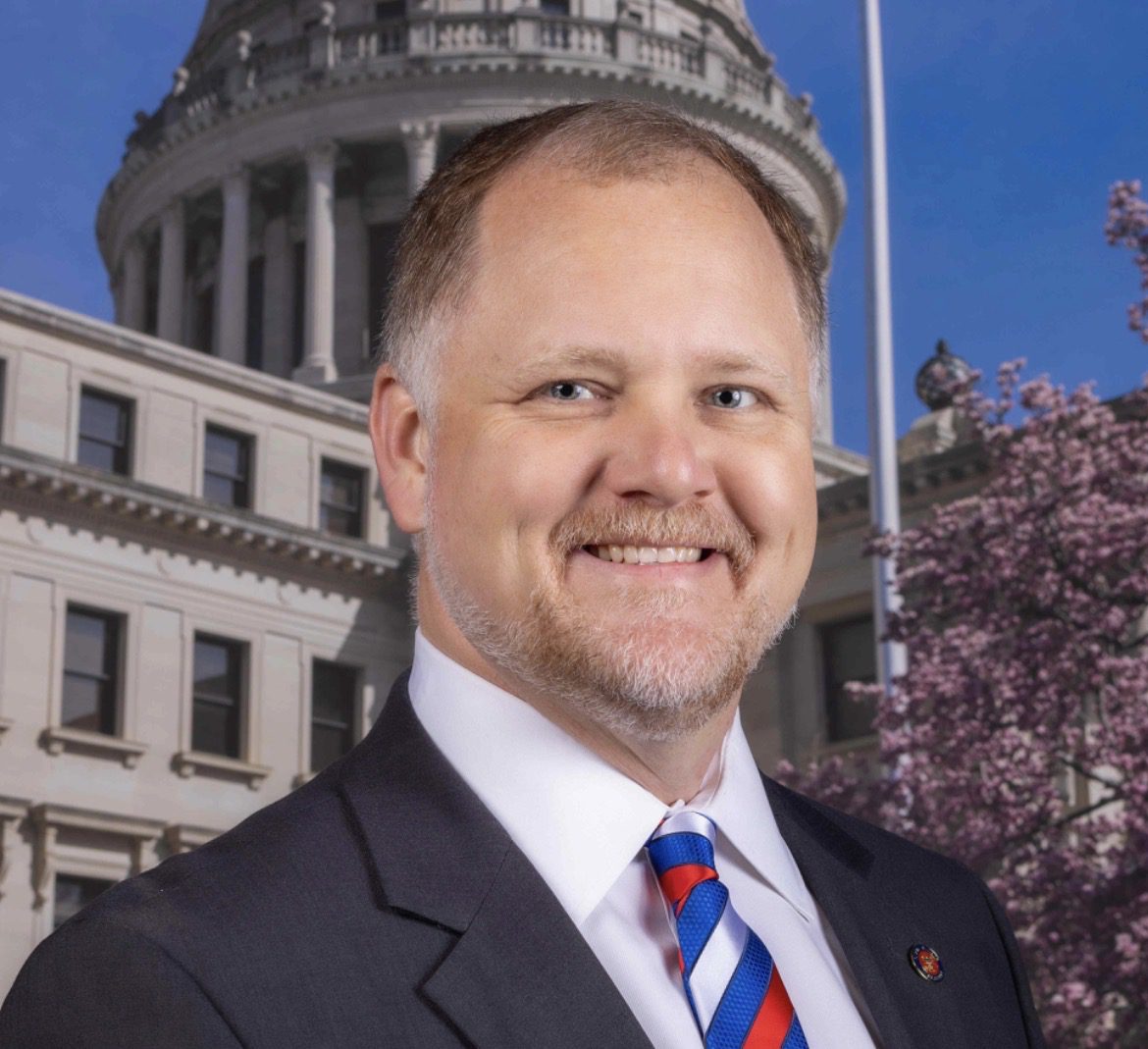
Attorney General Lynn Fitch
Attorney General Lynn Fitch joined 21 states in filing an amicus brief at the Supreme Court of the United States in support of an Arkansas law that would prohibit abortions solely based on a pre-natal Down Syndrome diagnosis. The brief was filed this morning in the case Leslie Rutledge v. Little Rock Planning Services and can be found here.
“All children are created in the image of God, fearfully and wonderfully made for a purpose, and those in the disability community are a beacon of light, joy, and hope radiating throughout the world,” said Attorney General Lynn Fitch. “A pre-natal Down Syndrome diagnosis should not be a death sentence. I will always fight to protect our children, especially those who cannot fight for themselves.”
The brief states, “People with Down Syndrome add unique joy, beauty, and diversity to our society. Yet the abortion of children with Down Syndrome approaches genocidal levels, threatening the Down Syndrome community with complete elimination. All States share Arkansas’ compelling interests in preventing the eradication of people with Down syndrome through the practice of eugenic abortion.”
The brief argues that Arkansas’ law advances at least eight compelling state interests:
- Protecting the entire class of persons with Down Syndrome from being targeted for elimination solely because of disability; •
- Eradicating historical animus and bias against persons with Down Syndrome; •
- Safeguarding the integrity of the medical profession by preventing doctors from abandoning their traditional role as healers to become the killers of disabled populations; •
- Drawing a clear boundary against additional eugenic practices targeted at disabled persons and others; •
- Countering the stigma that eugenic abortion currently imposes on persons with disabilities; •
- Ensuring that the existing Down Syndrome community does not become starved of resources for research and care for individuals with Down Syndrome; •
- Protecting against the devaluation of all human life inherent in any decision to target a person for elimination based on an immutable characteristic; and •
- Fostering the diversity of society and protecting society from the incalculable loss that would occur if people with Down Syndrome were eliminated.
The brief also makes the argument that Arkansas’ prohibition against Down Syndrome abortions is not per se invalid under Roe v. Wade and Planned Parenthood of Southeastern Pennsylvania v. Casey. Mississippi has a similar law that prohibits abortion sought on the basis of race, sex, or genetic abnormality, except in a medical emergency.
The brief recounts the disturbing history of mistreatment, neglect, and abuse of people with Down Syndrome in the past, and argues that when screening or diagnostic tests report the possibility of Down Syndrome, the counseling process is heavily tilted towards abortion, stating, “The counseling received by parents at that vulnerable moment heavily favors abortion. One survey found that, among women receiving genetic counseling, ‘83% reported they did not receive balanced counseling regarding the quality of life for children with disabilities.’”
In addition to Mississippi, state attorneys general from Alabama, Alaska, Arizona, Florida, Georgia, Idaho, Indiana, Kansas, Louisiana, Missouri, Montana, Nebraska, North Dakota, Ohio, Oklahoma, South Carolina, South Dakota, Tennessee, Texas, Utah, and West Virginia also joined the brief.
Press Release
5/13/2021









